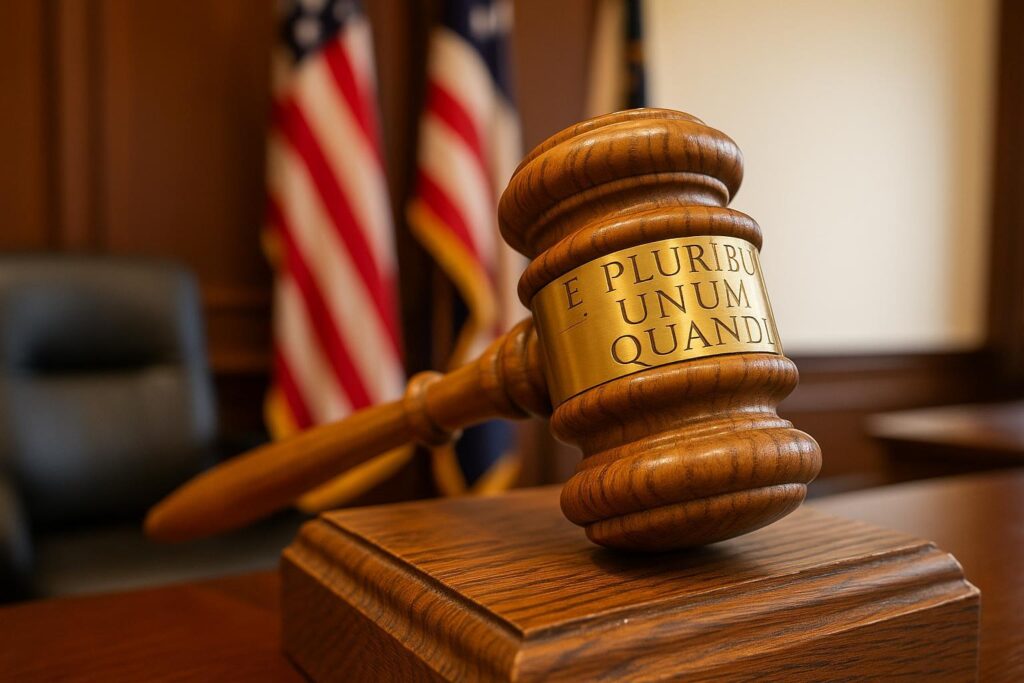Court Resumption Signals Stabilization in Upper Nile
After a 12-year hiatus triggered by civil war, Malakal’s High Court reopened this week, restoring a crucial pillar of governance in South Sudan’s Upper Nile State. Observers say the development reflects a gradual return to security and state authority across the oil-rich but war-scarred region.
Newly Appointed Chief Justice Takes Office
Justice Yai Anyuon Akuot, recently appointed to lead the court, arrived in Malakal on Saturday to take his oath and resume hearings. His presence officially re-establishes the judiciary’s footprint in a town where cases have been handled by mobile courts since 2013.
Infrastructure and Staffing Hurdles Remain
Yet pressing challenges loom. Justice Garang Deng, who heads the Greater Upper Nile Circuit, notes that courthouses and staff housing were destroyed during the conflict. State authorities, backed by international partners, are refurbishing buildings in Malakal, Renk and Maban to ensure judges can sit regularly.
Judges posted to densely populated counties already wield High Court powers to ease backlogs. Nonetheless, limited transport, electricity and archives complicate trials. Local officials say sustainable funding will be vital to turn the symbolic reopening into continuous, reliable service for defendants and victims alike.
Civil Society Applauds Justice Revival
Civil society actors greeted Akuot at the airport, waving placards that read ‘Justice for Upper Nile’. Solana Jeremiah of the state’s CSO coalition believes the court will reinforce rule of law, while Bar Association chair Santino Koj predicts attorneys who fled conflict will now return to full practice.
Public Hopes for Fair Hearings
Residents interviewed outside the courthouse voiced cautious optimism. ‘People waited long for this day; we hope cases will be decided fairly,’ said shopkeeper Nyabuay Teny. With hearings slated to begin shortly, Malakal’s judicial comeback is poised to test South Sudan’s wider peace-building momentum.


